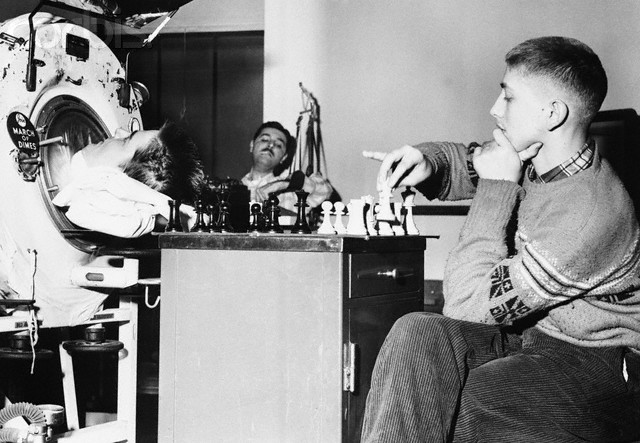In the IEET essay “Aristotle, Robot Slaves, and a New Economic System,” philosopher John G. Messerly uses Jaron Lanier’s Who Owns the Future? as a jumping-off point for a discussion of how we’ll live should we experience a critical mass of technological unemployment. Messerly is largely sanguine, predicting we’ll still enjoy life when we’re second best, the way we continue to play chess despite being checkmated by our silicon sisters. Of course, he doesn’t explain how we’ll get from here to there, how we will come to “share the wealth.” It may not be such a smooth transition.
An excerpt:
I think that Lanier is on to something. We can think of the non-automated work as anything from essential to frivolous. If we think of it as frivolous, then so too are the people that produce it. If we don’t care about human expression in art, literature, music, sport or philosophy, then why care about the people that produce it.
But even if machines write better music or poetry or blogs about the meaning of life, we could still value human generated effort. Even if machines did all of society’s work we could still share the wealth with people who wanted to think and write and play music. Perhaps people just enjoy these activities. No human being plays chess as well as the best supercomputers, but people still enjoy playing chess; I don’t play golf as good as Tiger Woods, but I still enjoy it.
I’ll go further. Suppose someone wants to sit on the beach, surf, ski, golf, smoke marijuana, watch TV, or collect coins. What do I care? Perhaps a society comprised of contented people doing what they wanted would be better than one informed by the Protestant work ethic. A society of stoned, TV watching, skiers, golfers and surfers would probably be a happier one than we live in now. (The evidence shows that the happiest countries are those with the strongest social safety nets, the ones with the most paid holidays and generous vacation and leave policies; the Western European and Scandinavian countries.) People would still write music and books, lift weights, volunteer, and visit their grandchildren. They would not turn into drug addicts!
This is what I envision.•
Tags: Jaron Lanier, John G. Messerly

